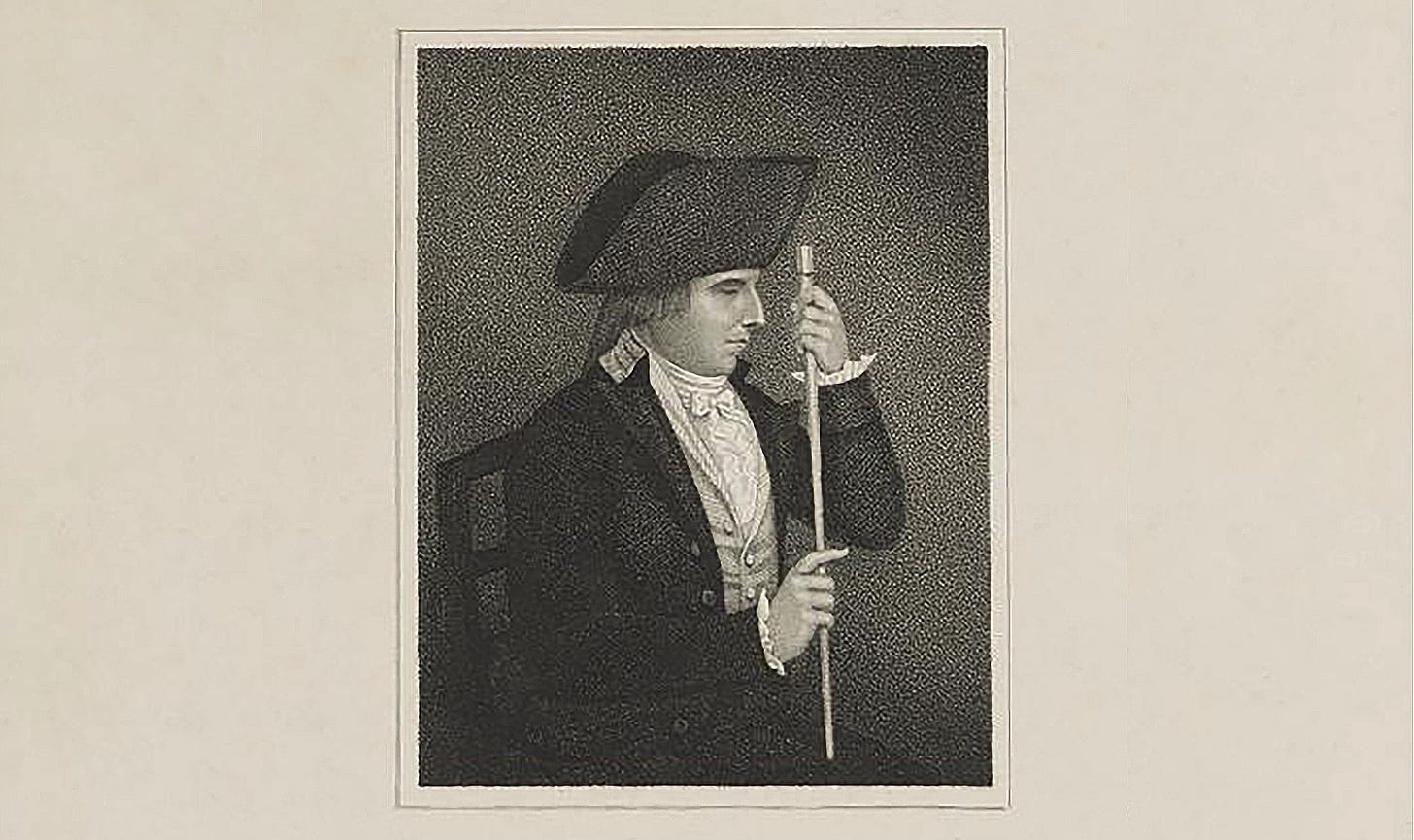The despotism of kings and priests trembles only when it is approached by the vigorous power of thought, and the efforts of a philosophic mind. —Elihu Palmer1
The United States of America was the first country in the world “to have an avowed philosophic meaning,” observes philosopher Leonard Peikoff. However, he points out:
The Founding Fathers were thinke…




